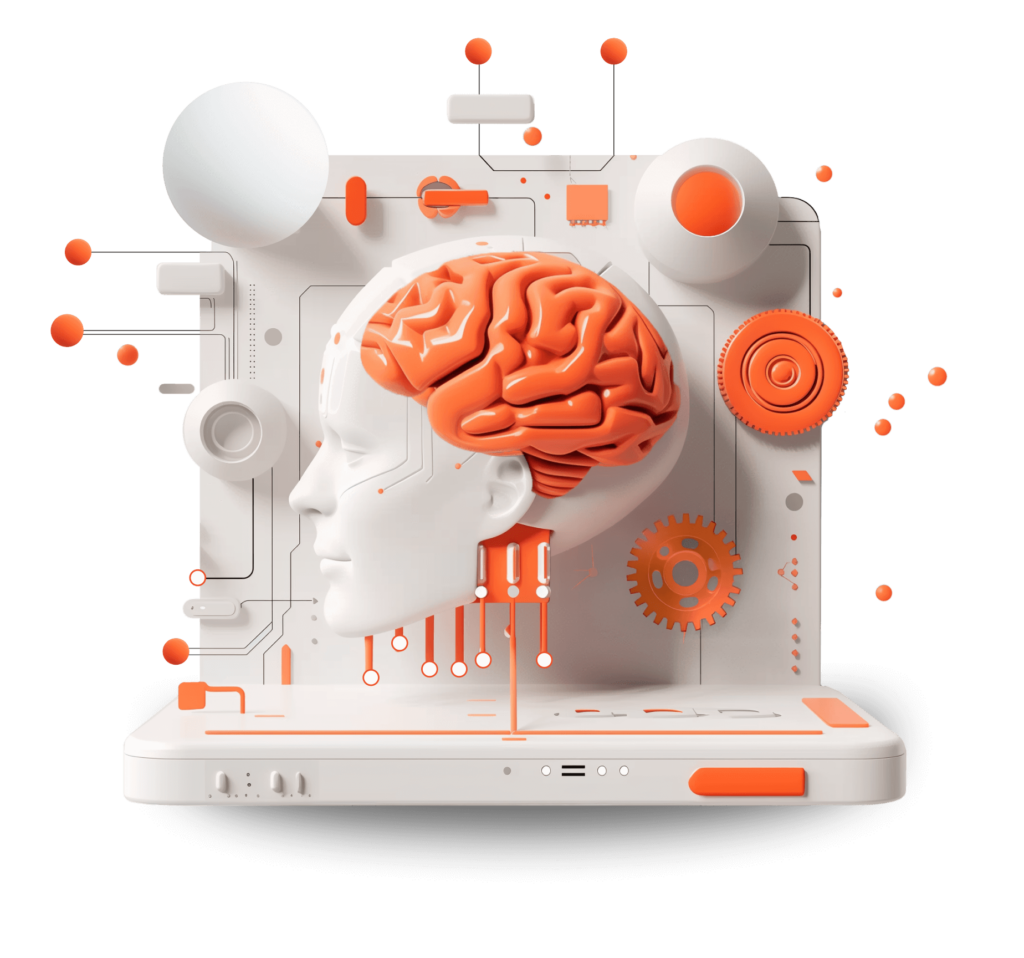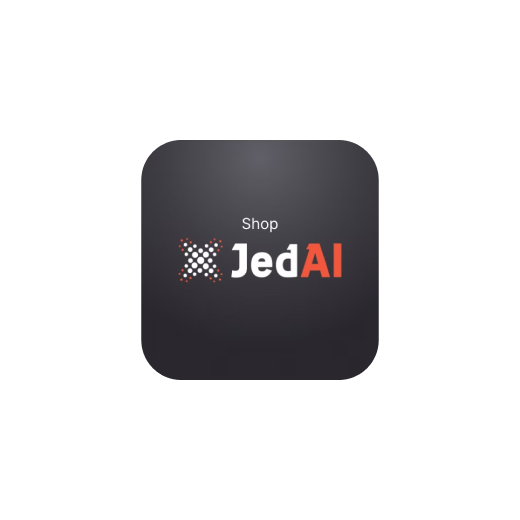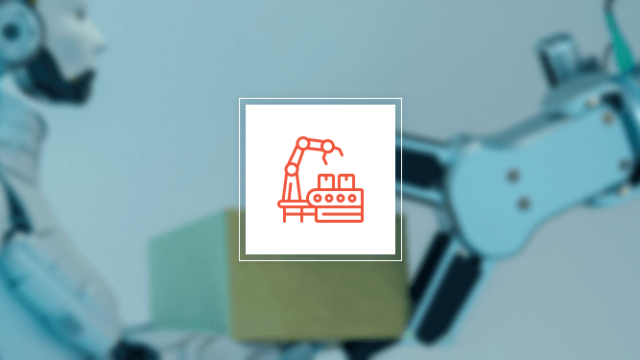Latest case studies

ShopJedAI
Application
-
 86%
of correct answers
86%
of correct answers
-
 2
development streams
2
development streams
-
 4
advanced technologies
4
advanced technologies
An advanced and innovative AI-driven eCommerce marketing solution specifically tailored for small to medium-sized retail businesses.
Learn More
ML Sales Forecasting
-
 29%
Higher forecast accuracy
29%
Higher forecast accuracy
-
 35+
Hours saved weekly
35+
Hours saved weekly
-
 34%
Less inventory spoilage
34%
Less inventory spoilage
We built a bespoke inventory intelligence engine that correlates historical sales data with seasonal trends and harvest cycles
Learn More
Travel
Chatbot
-
 3x
higher conversion rate
3x
higher conversion rate
-
 $300K+
revenue in first 90 days
$300K+
revenue in first 90 days
-
 89%
reply rate
89%
reply rate
We created a friendly, guided conversational experience that allows users to self-serve and get immediate answers to their pressing concerns
Learn More
Tom Ford
AI Chatbot
-
 8,000+
users effectively engaged
8,000+
users effectively engaged
-
 2,000+
product clicks on the site
2,000+
product clicks on the site
-
 1
month promo campaign
1
month promo campaign
Master of Code Global helped Tom Ford Beauty engage their audience during the holiday season and generate new leads with an AI chatbot
Learn More


















 Kittch
Kittch 




















